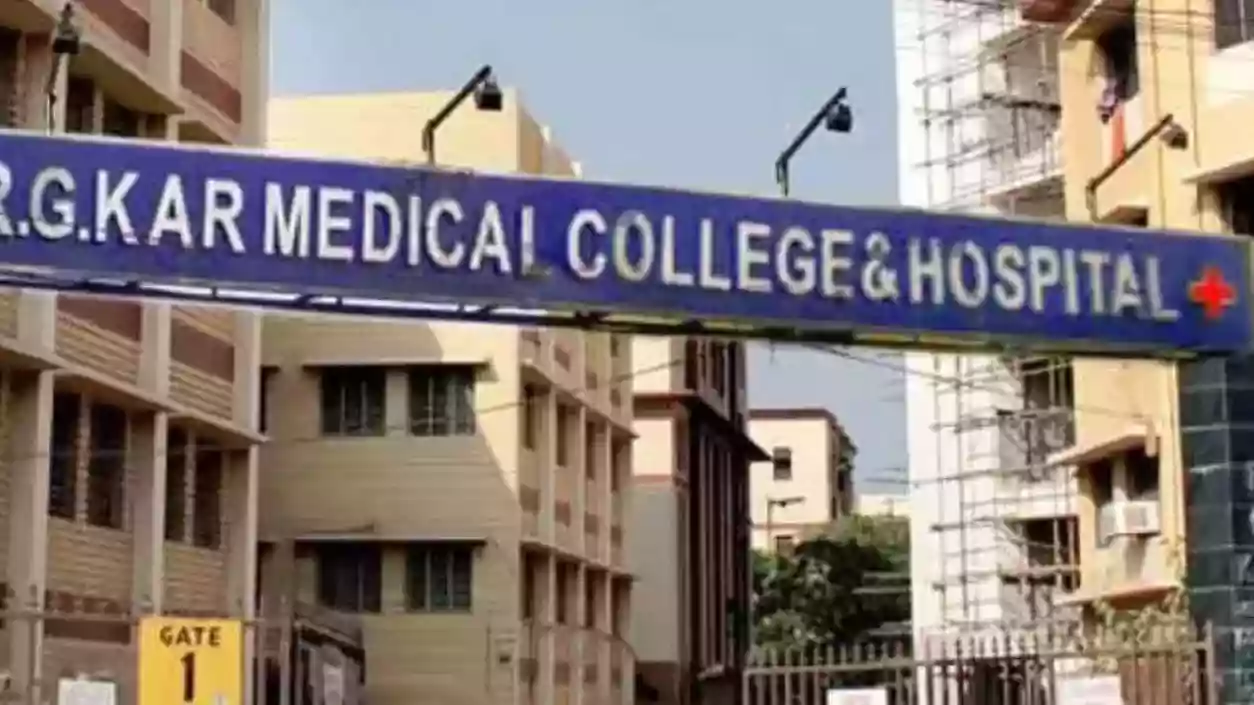.gif)
.gif)

The investigation into the death of Abhaya at RG Kar Hospital is intensifying, with new details emerging regarding the process followed in issuing her death certificate and the circumstances surrounding the discovery of critical evidence. Emergency Medical Officer Polly Samadder’s statement to the Central Bureau of Investigation (CBI) has raised significant questions about the timing of the death certificate, the procedures followed at the hospital, and potential procedural lapses.
On August 9, at approximately 9:40 AM, Polly Samadder was summoned by the head of the Chest Medicine Department, who instructed her to immediately issue an emergency ticket and prepare the death certificate for Abhaya. However, Samadder resisted this request, citing the necessity of adhering to hospital protocols. She explained that the body must first be identified and examined in the emergency room before any death certificate can be issued, a standard procedure to ensure proper documentation and verification of the deceased’s identity.
Despite her objections, Samadder was called again to the seminar room at 12:40 PM, where Sub-Inspector Sourav Kumar Jha from Taltala Police Station presented an emergency ticket in the name of Abhaya. The ticket confirmed that the body had been transferred to the emergency room. Samadder then contacted the Medical Superintendent and Vice President (MSVP), Sanjay Baisth, to clarify the situation. She stated that the proper protocol of conducting a thorough examination of the body was being bypassed and requested guidance on how to proceed.
Following this conversation, the MSVP instructed Samadder to carry out a peripheral examination instead of the standard on-site examination. Samadder complied and subsequently issued the death certificate at 12:44 PM. The time mentioned on the death certificate has raised suspicions, as it occurred several hours after the case of unnatural death was registered at 10:10 AM. This discrepancy in timing has prompted further investigation, as the time of death listed on the certificate directly contradicts the timing of the registration of the death.
In addition to the questions surrounding the death certificate, the investigation has uncovered critical evidence regarding a sealed room located on the 8th floor of RG Kar Hospital, opposite the orthopedic operating theater (OT). This room was found to contain surgical equipment, including gloves, masks, and surgical knives, alongside blood stains on the floor. The presence of such items in the room has led investigators to examine whether there is a connection between this room and Abhaya’s death. The CBI has sealed the room since September for further investigation, and it is being reviewed as part of the ongoing inquiry into the circumstances surrounding Abhaya's death.
The room in question had been previously used by orthopedic surgeon Sandip Ghosh. Investigators are now analyzing whether the contents of the room, including the surgical tools and blood stains, have any relevance to the events leading up to Abhaya’s death. The Central Forensic Science Laboratory (CFSL) report has suggested that the place of occurrence might be different from where Abhaya’s body was found, prompting the CBI to investigate whether the sealed room on the 8th floor is in any way connected to the case.
The CBI’s investigation is focusing on several key areas, including whether RG Kar Hospital adhered to proper protocols in handling Abhaya’s death, the issuance of the death certificate, and the handling of evidence. Investigators are also scrutinizing whether there were any lapses, tampering, or procedural errors in the management of the body and the subsequent investigation into the cause of death. The sealed room on the 8th floor, the discrepancy in the time of death on the certificate, and the evidence found inside the room are central to the ongoing investigation. The CBI continues to examine all aspects of the case to ensure a thorough and unbiased inquiry into Abhaya’s death.